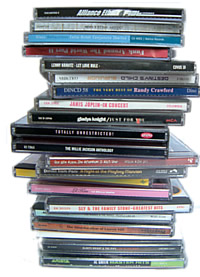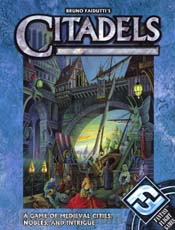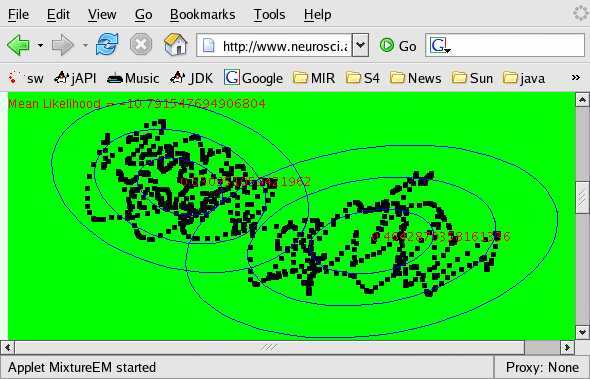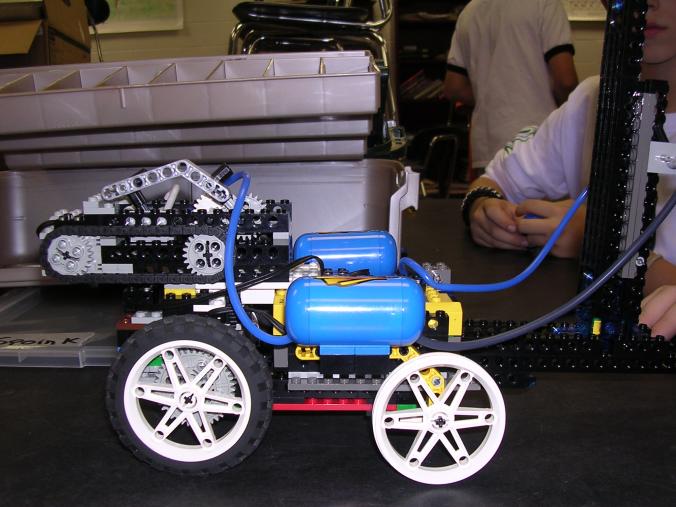
Researchers Ge Wang and Perry Cook have developed
ChucK, a new audio
programming language for real-time synthesis, composition, and
performance. ChucK presents a new time-based concurrent programming
model, which supports multiple, simultaneous, dynamic control rates, and
the ability to add, remove, and modify code, on-the-fly, while the
program is running, without stopping or restarting. It offers composers,
researchers, and performers a powerful and flexible programming tool
for building and experimenting with complex audio synthesis programs,
and real-time interactive control.
The paper ChucK: A Concurrent, On-the-fly, Audio Programming Language won the International Computer Music Association best paper award in 2003.
ChucK is quite new, and needs a bit more work, but it has some real
advantages over some of the other synthesis languages. The way it treats
time as a first class entity is quite slick. They are working hard to
make sure that ChucK can be used during live performances.







